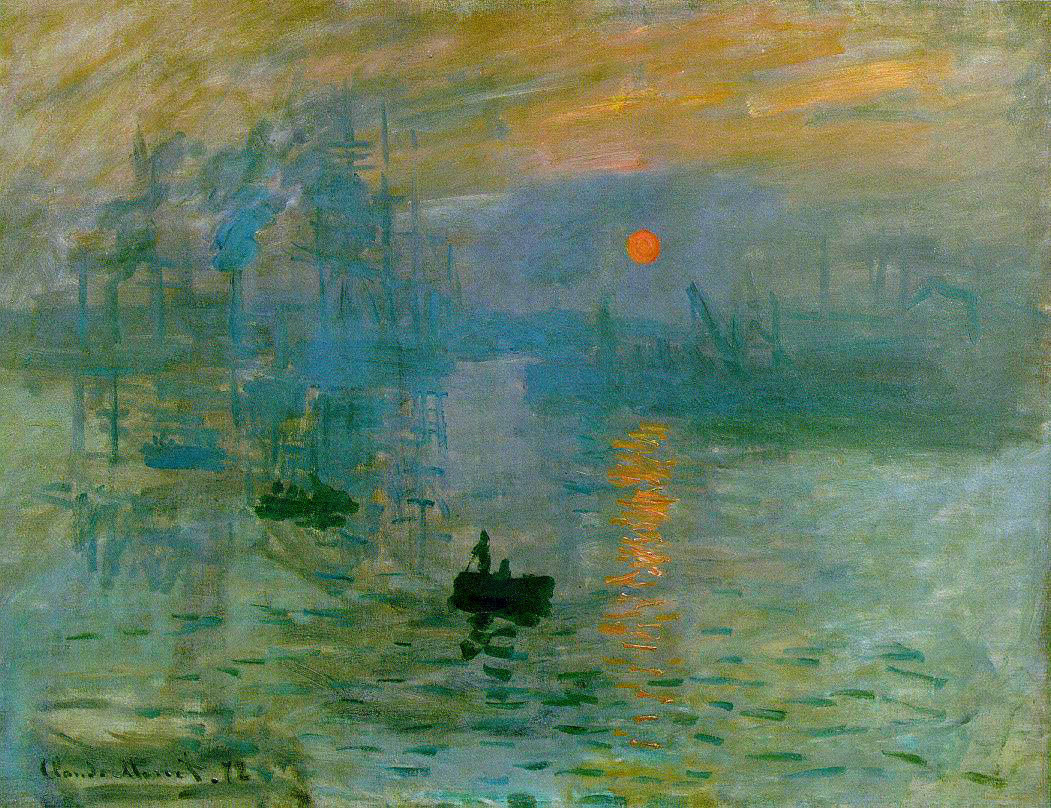Imagine that you are in an apartment–I fancy it is termed camarin (or private museum)–belonging to a king or a great nobleman, in which are placed numberless kinds of articles of glass, porcelain, and other things, so arranged that most of them are at once seen on entering the room.
While on a visit to the house of the Duchess of Alva (where at her request I was bidden by obedience to stay during a journey) 9 I was taken into such a room. I stood amazed on entering it and wondered what could be the use of such a jumble of knick-knacks; then I thought that the sight of so many different things should lead one to praise God. It is fortunate I saw them, for they offer me a suitable comparison in this case. Although I was in the room some time, there were so many objects in it that I forgot what I had seen and could no more remember each object, nor of what it was made, than if I had never seen it, though I recalled the sight of the whole collection.
Something of this sort occurs when the spirit is very closely united to God. It is introduced into this mansion of the empyrean heaven which must be in the centre of our souls for since God resides in them, He must own one of the mansions. While the soul is in ecstasy, our Lord does not appear to wish it to apprehend these mysteries and its inebriation of joy in Him suffices it. But sometimes He is pleased to withdraw it from this rapture when it at once perceives what the mansion contains. On returning to itself, the mind can recall what has been seen but is unable to describe it, nor can it, by its natural abilities, attain to see more of the supernatural than God has chosen to show it. –St Teresa of Avila ‘Interior Castles’, sixth mansion, chapter 4.
I admire the passive, the silent observer, methodology the wise doctor of the Church expounds upon. Allowing God sovereign majesty, free will acquiesces. It is not my comprehending that is essential, rather the open and willing experiencing of that which God provides. The attempt to grasp destroys, a slippery eel I believe St John of the Cross compares it to. Joy, or infused graces are received, not earned or learned. The revealing respects the mastery of the Holy Spirit. That which I do not deserve can only be given as a gift when I humbly sit silent and still–the Eucharist adored.
On a natural level, I relate matters to acceptance, a willingness to allow details to become blurred within a greater reality. Impressionistic, the beauty of a painting, transient in effect–matter transforming, usurps a dedication to detail. That which is seen by the eye is not painted. Impressions, subtle hints, and an overall softening of boundaries, objects fading into one another, replaces the stark reality of human understanding. Black and white is replaced with otherworldly vibrant coloring. And yet within truth, contradictions point toward progress, black and white photographs can also provide a glimpse of something greater–an interpretation of reality guiding beyond. Images, that which is taken in by the eye, can also lead us away from the stagnating effect of images and memory, assisting in the creation of a divine reality of mystery and wonder.


